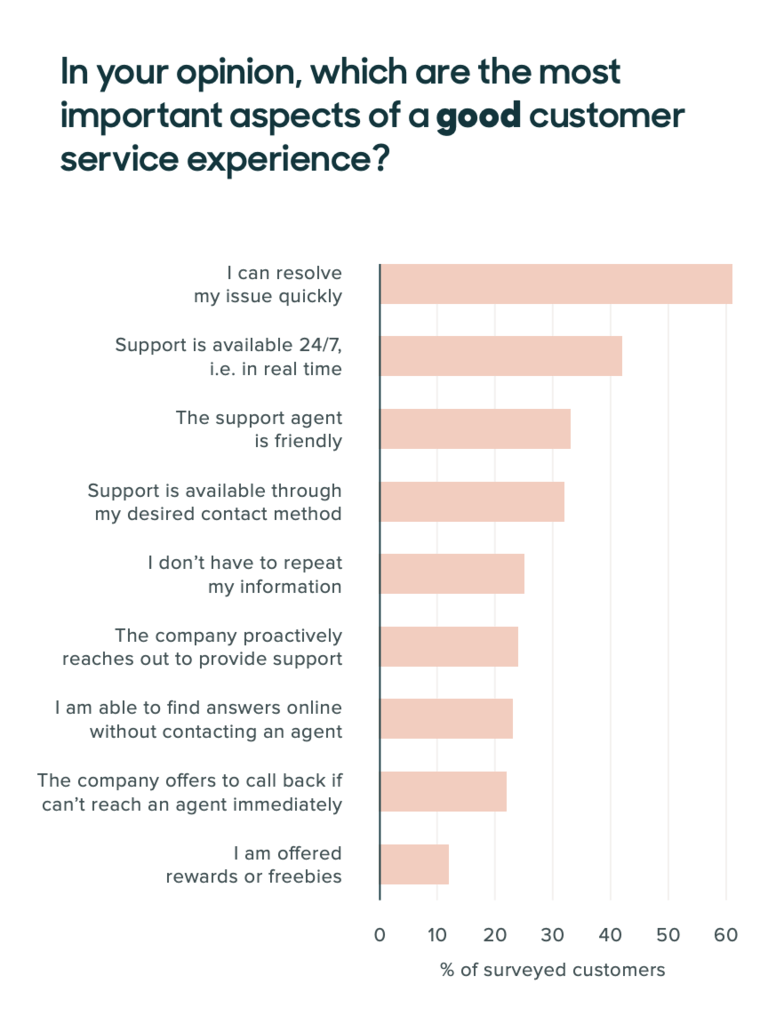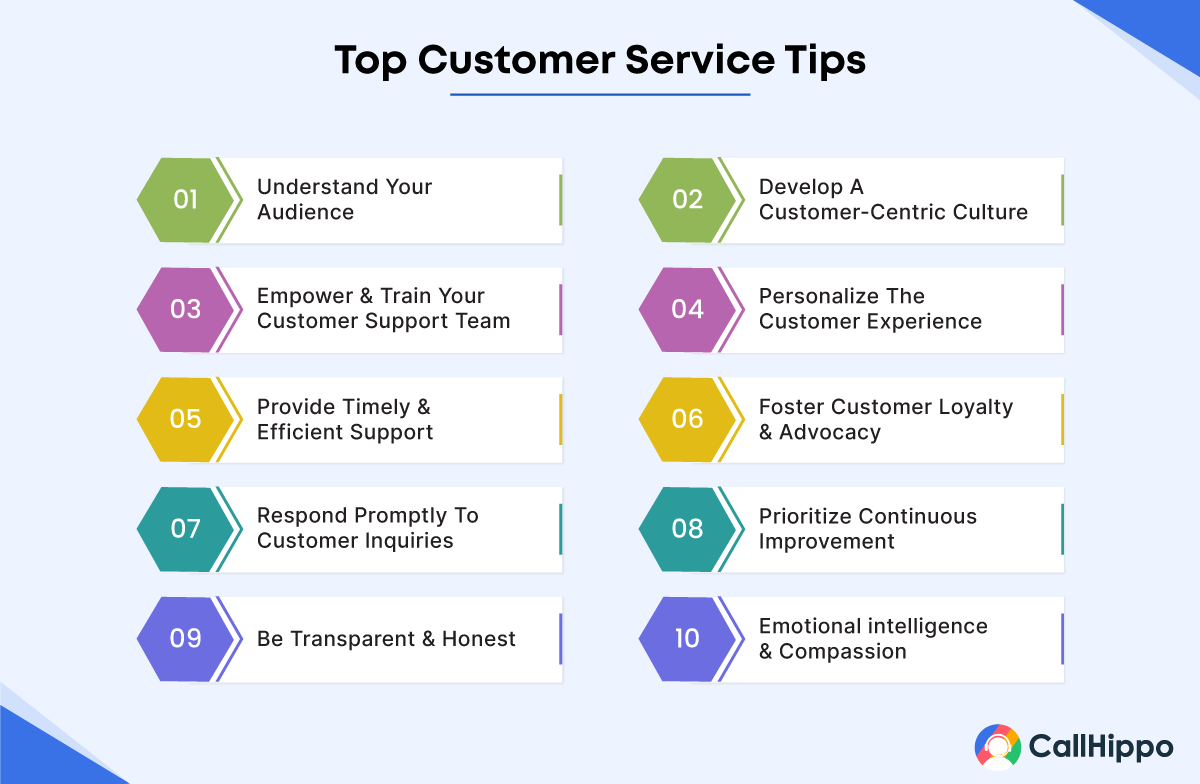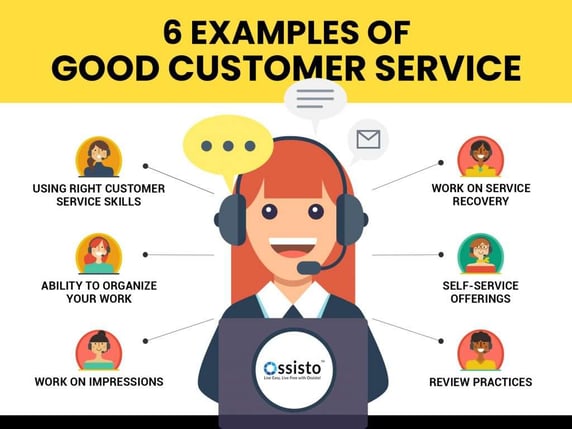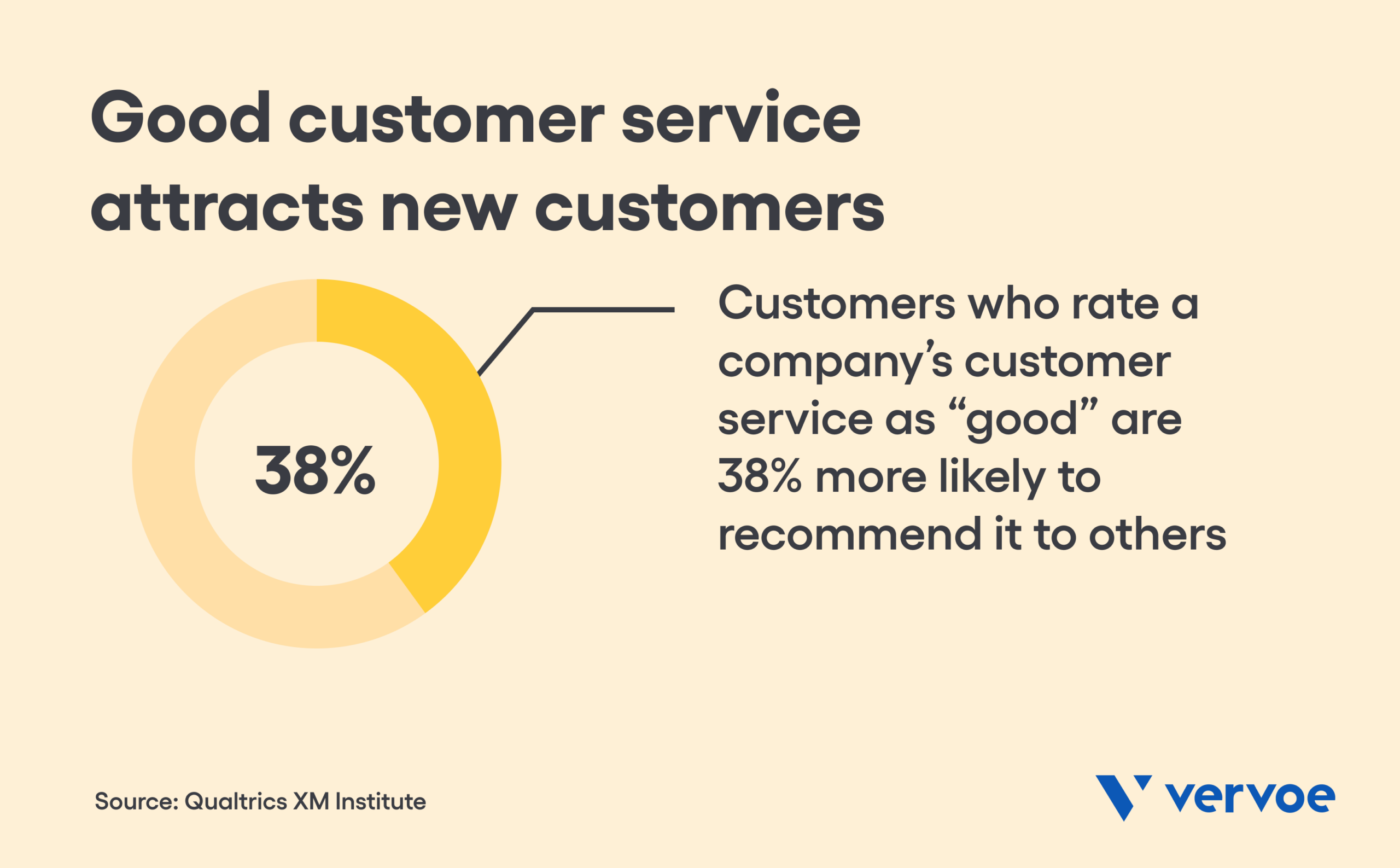How Can You Provide Good Customer Service

In today's competitive marketplace, providing excellent customer service is no longer a luxury, but a necessity for business survival and growth. Organizations are increasingly recognizing that positive customer experiences directly translate into loyalty, increased revenue, and a stronger brand reputation. But what exactly constitutes "good" customer service, and how can businesses consistently deliver it?
The key lies in understanding and meeting customer expectations, often exceeding them to create a memorable and positive interaction. According to a recent study by Forrester Research, 70% of U.S. consumers say a company's customer service is a key factor in deciding whether to do business with them.
Understanding Customer Needs
The foundation of good customer service is a deep understanding of your customer base. This means actively listening to their needs, anticipating potential pain points, and tailoring solutions to their specific situations.
Businesses can gather this information through various channels, including customer surveys, social media monitoring, and direct feedback from customer service representatives. Analyzing this data allows companies to identify trends and patterns, enabling them to proactively address common issues and improve the overall customer journey.
Beyond collecting data, it's crucial to foster a customer-centric culture within the organization. This involves empowering employees to make decisions that benefit the customer, even if it means deviating from standard procedures.
Effective Communication
Clear and effective communication is paramount in delivering excellent customer service. Customers need to feel heard and understood, and they expect prompt and accurate responses to their inquiries.
This necessitates providing multiple channels for customers to reach out, including phone, email, chat, and social media. Each channel should be staffed by trained representatives who are equipped to handle a wide range of issues.
Furthermore, communication should be personalized and empathetic. Customers appreciate it when representatives take the time to understand their individual circumstances and offer solutions that are tailored to their needs. Training employees to use active listening skills and demonstrate genuine concern can significantly enhance the customer experience.
Empowering Employees
Customer service representatives are the frontline of any business, and their interactions with customers can make or break the customer relationship. Therefore, it's essential to empower employees with the knowledge, resources, and autonomy they need to provide excellent service.
This includes providing comprehensive training on product knowledge, communication skills, and problem-solving techniques. Employees should also be given the authority to make decisions that benefit the customer, without having to go through multiple layers of approval.
Moreover, it's important to create a supportive and positive work environment for customer service representatives. When employees feel valued and appreciated, they are more likely to provide excellent service to customers.
"Happy employees make happy customers,"as the saying goes.
Leveraging Technology
Technology plays an increasingly important role in customer service. From chatbots to CRM systems, there are numerous tools available to help businesses streamline their operations and improve the customer experience.
Chatbots can handle simple inquiries and provide instant support, freeing up human representatives to focus on more complex issues. CRM systems can help businesses track customer interactions and personalize their communication.
However, it's important to use technology strategically and avoid over-reliance on automated solutions. Customers still value human interaction, especially when dealing with complex or sensitive issues. The goal should be to use technology to enhance, not replace, the human element of customer service.
Measuring and Improving
Providing good customer service is an ongoing process that requires continuous measurement and improvement. Businesses should regularly track key metrics such as customer satisfaction scores (CSAT), net promoter scores (NPS), and customer churn rates.
This data can be used to identify areas where improvements are needed and to track the effectiveness of customer service initiatives. Businesses should also solicit feedback from customers on a regular basis, and use this feedback to make adjustments to their processes and procedures.
By continuously monitoring their performance and seeking feedback from customers, businesses can ensure that they are providing the best possible customer service and building long-lasting relationships.
In conclusion, providing good customer service is a multifaceted endeavor that requires a deep understanding of customer needs, effective communication, empowered employees, strategic use of technology, and a commitment to continuous improvement. By focusing on these key areas, businesses can create positive customer experiences that drive loyalty, revenue, and brand reputation in an increasingly competitive world.




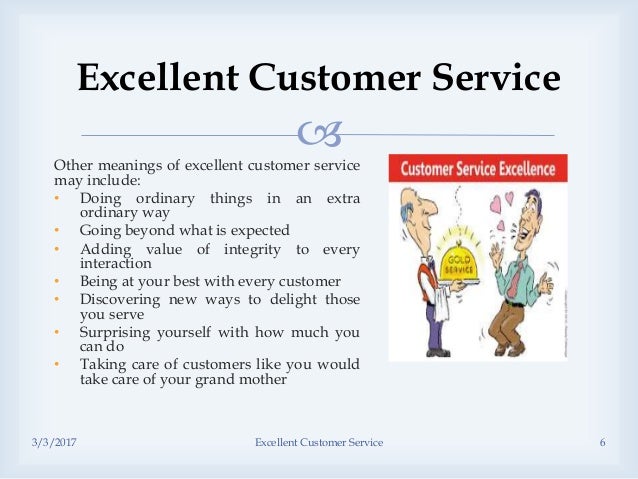
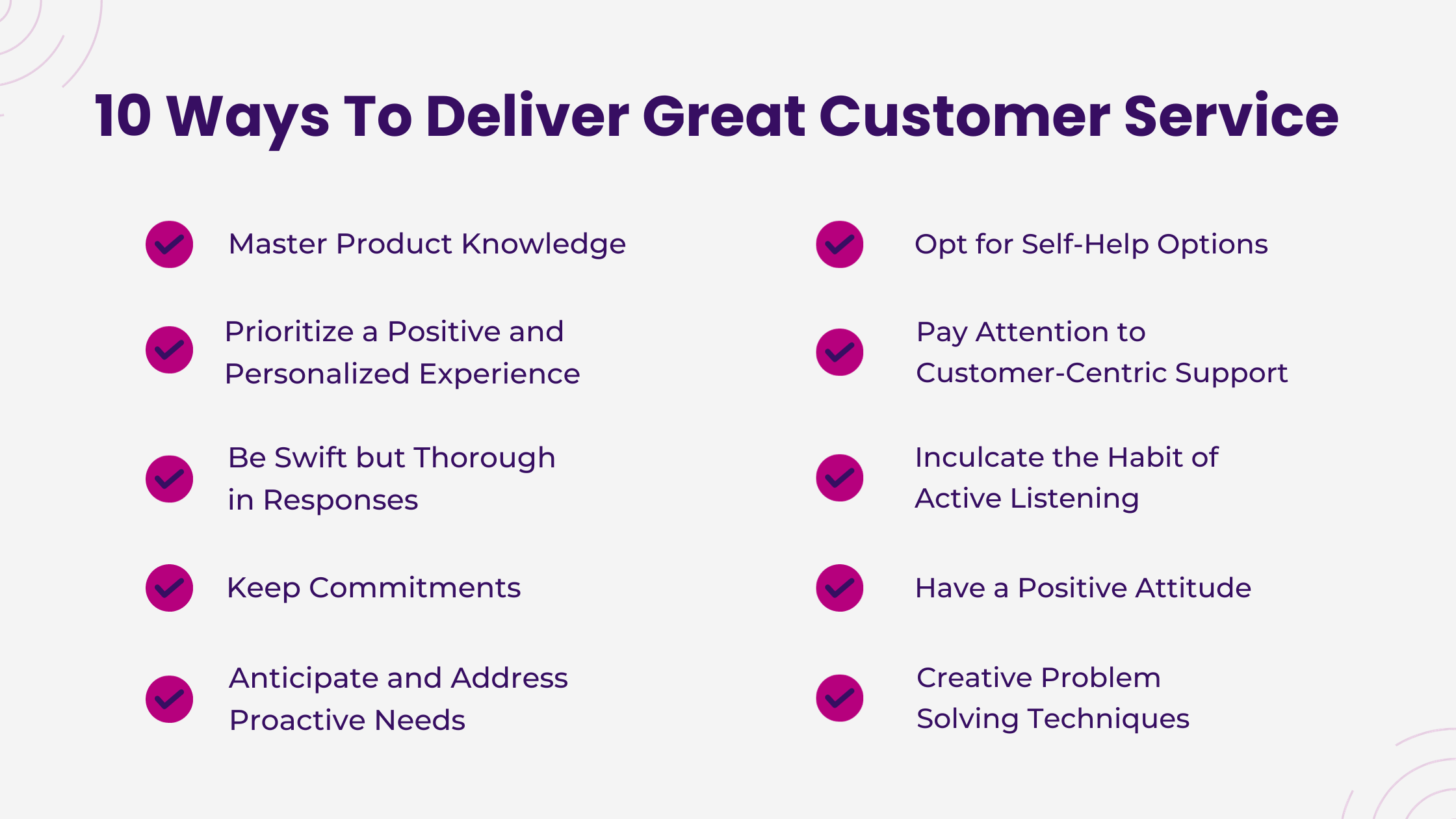



.png)
